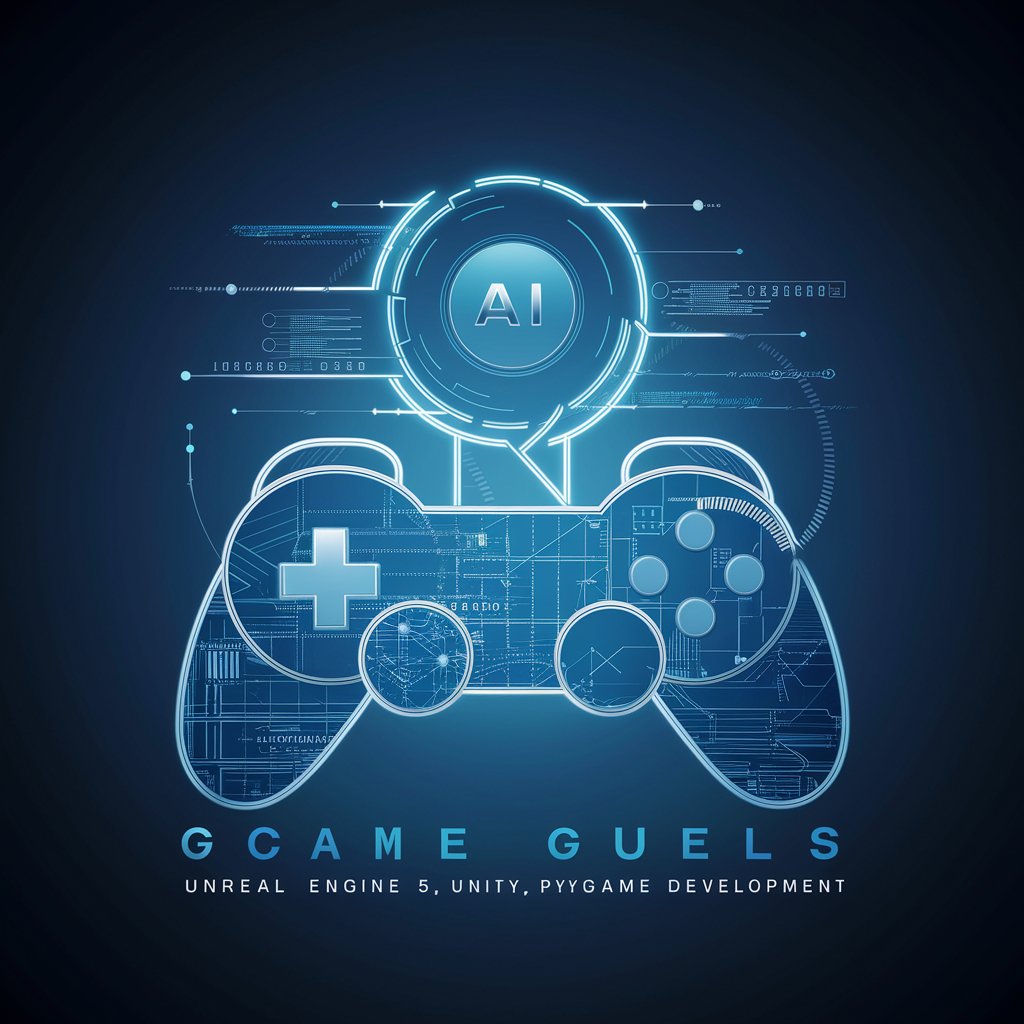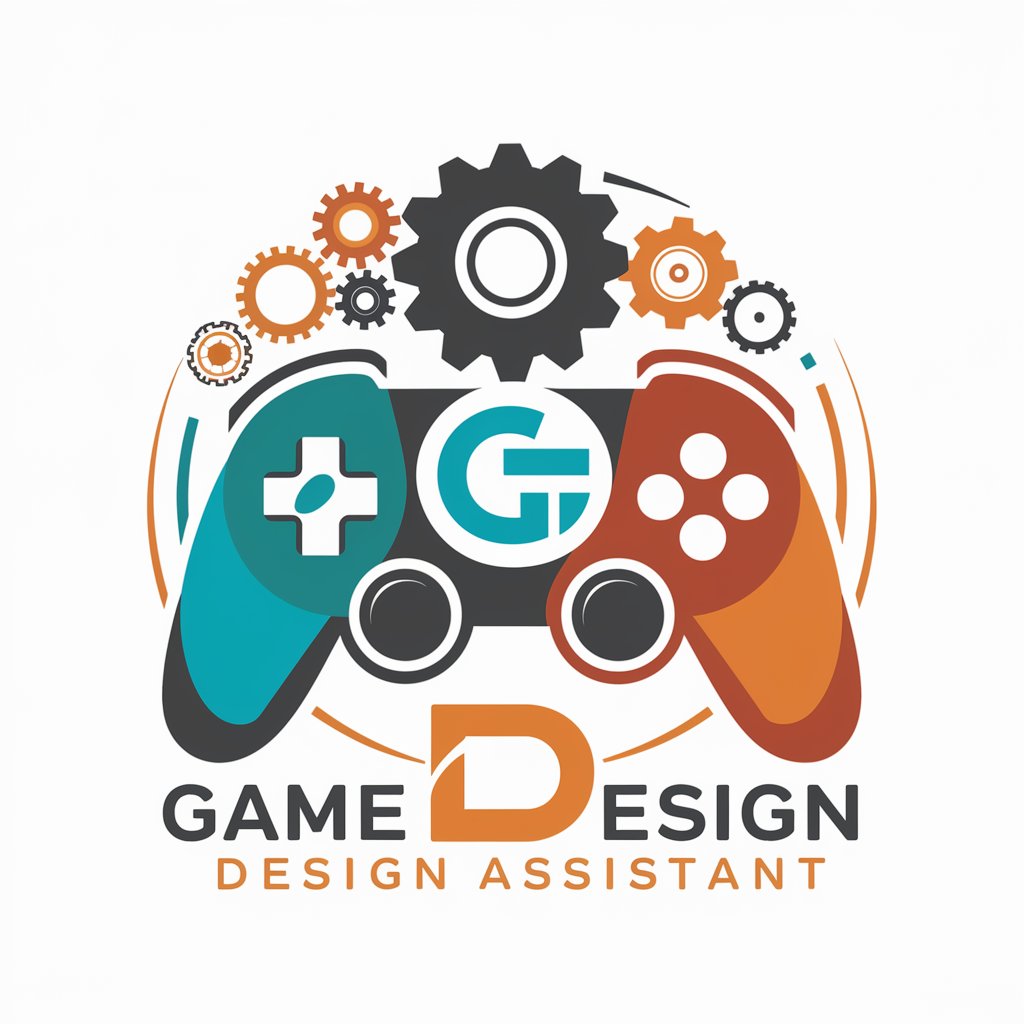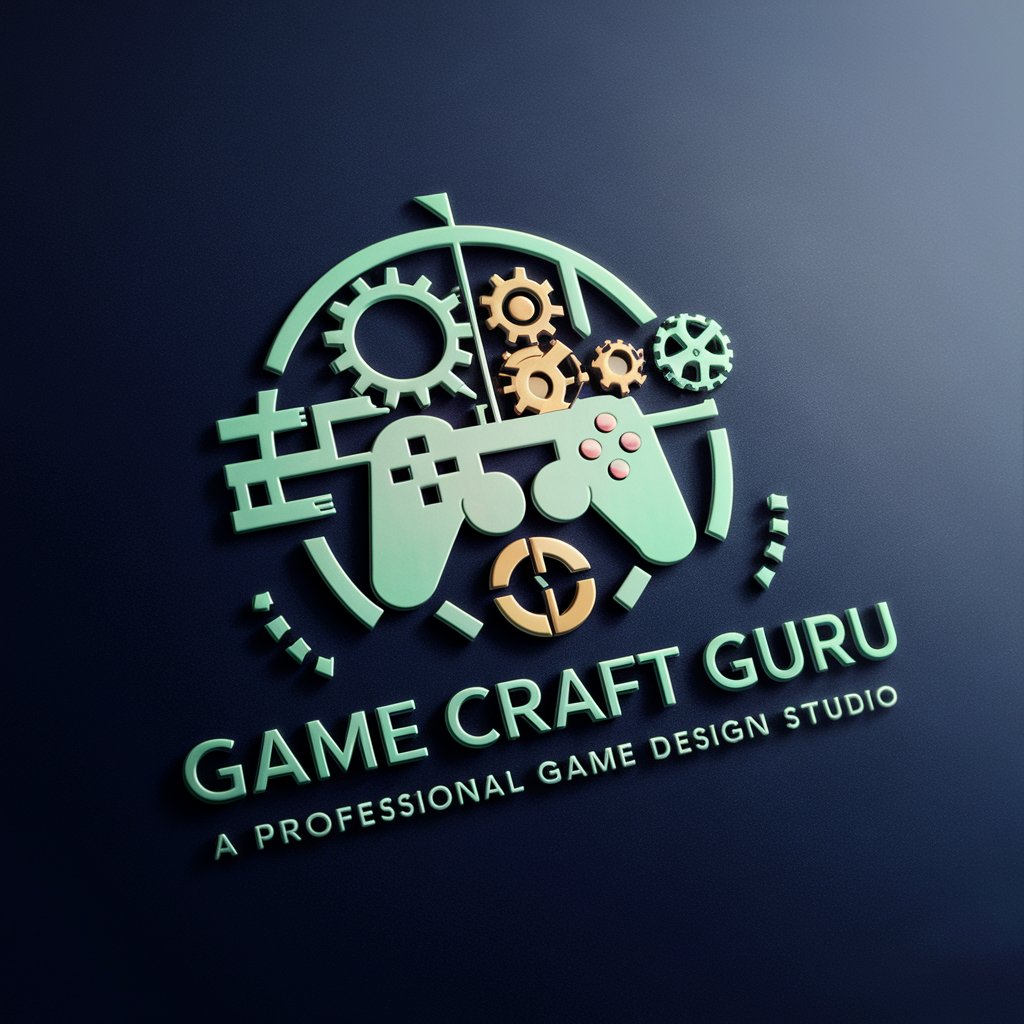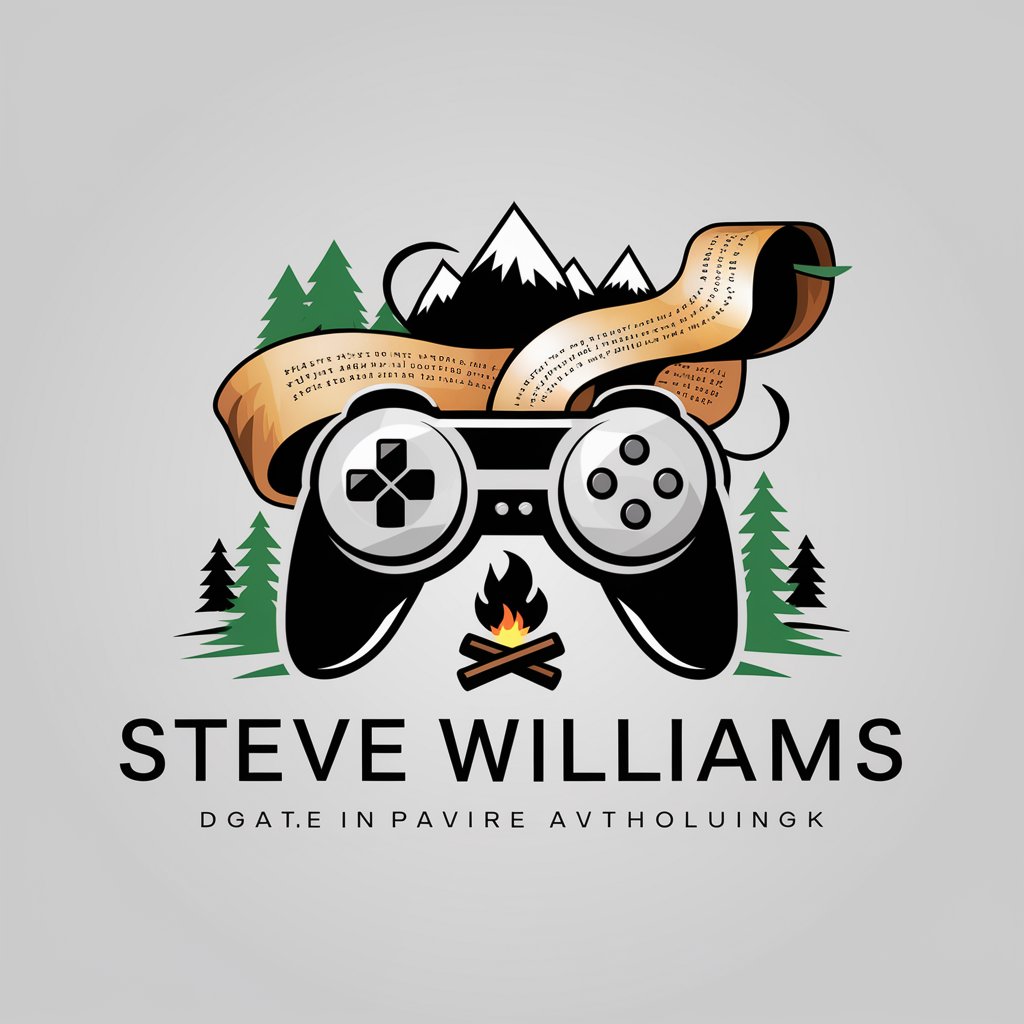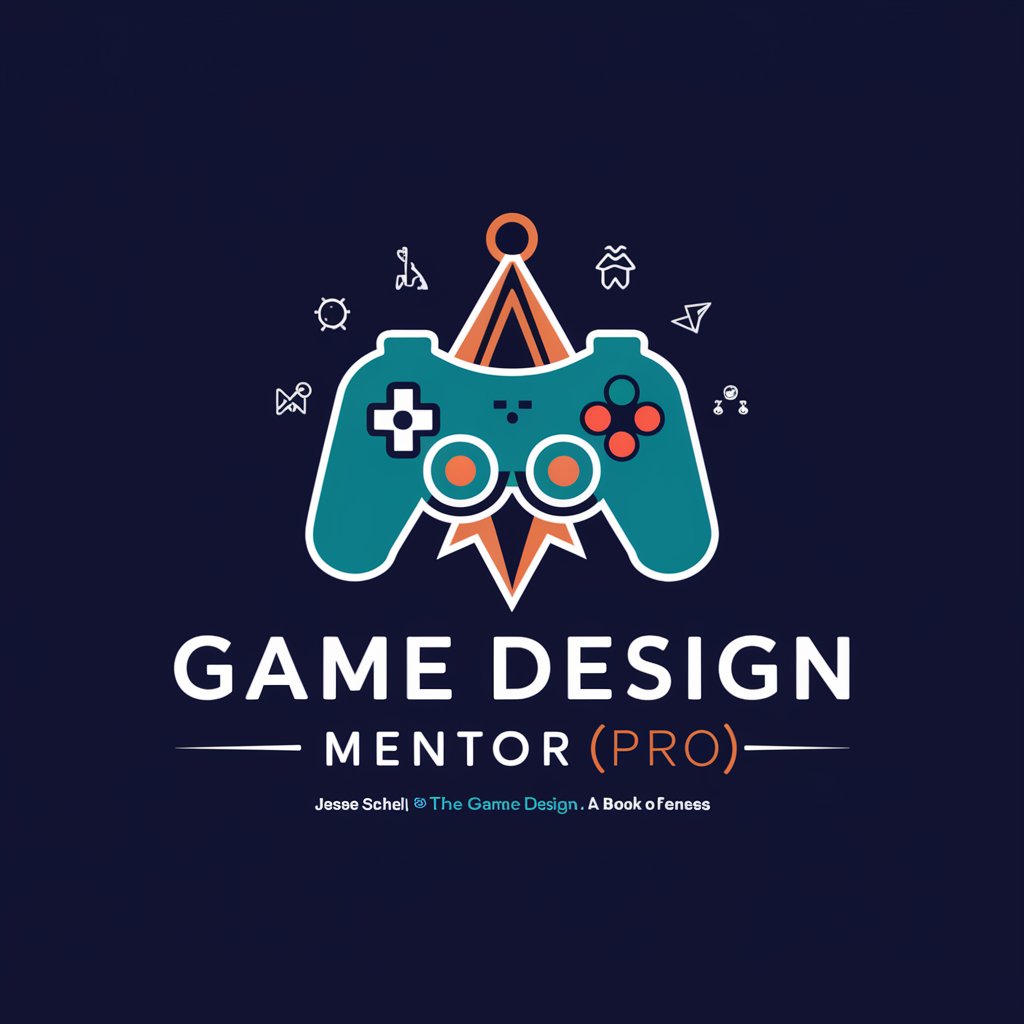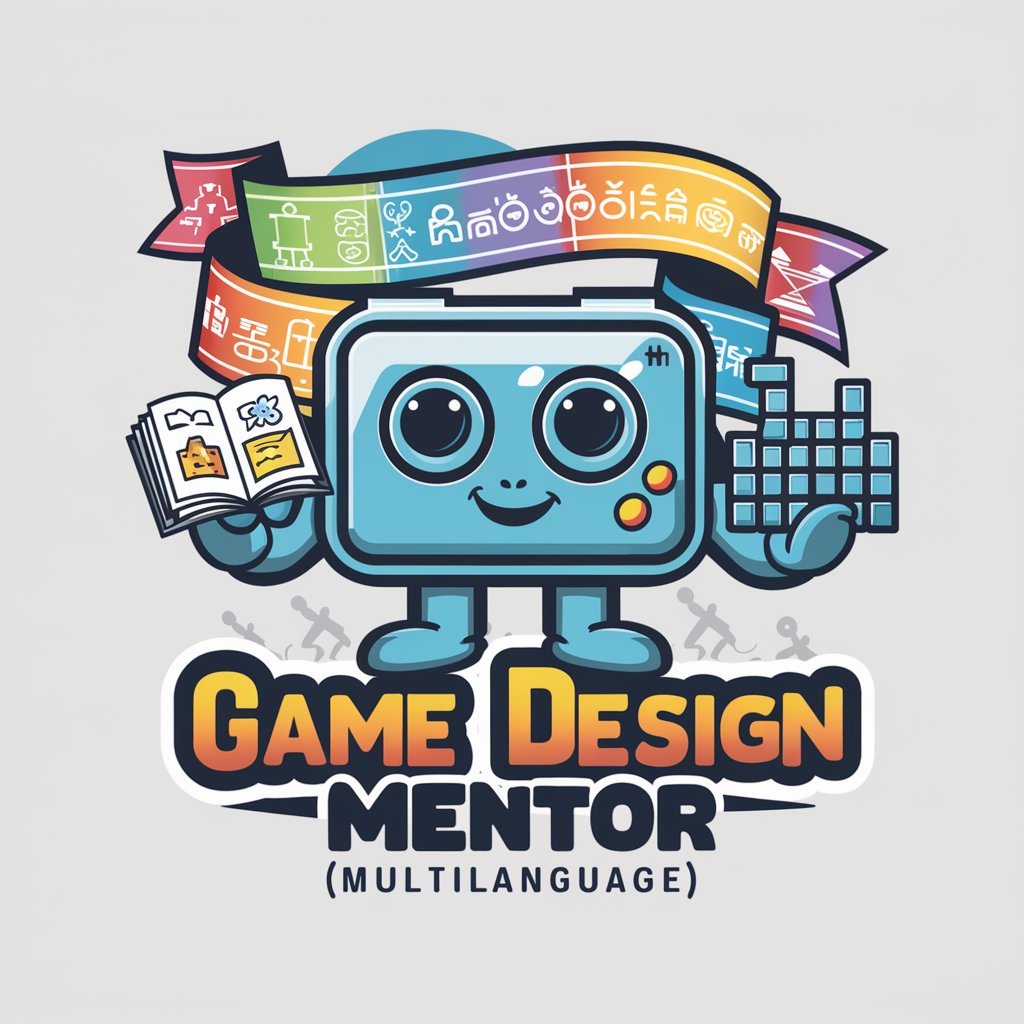
Interactive Game Design Mentor - Game Design Assistance
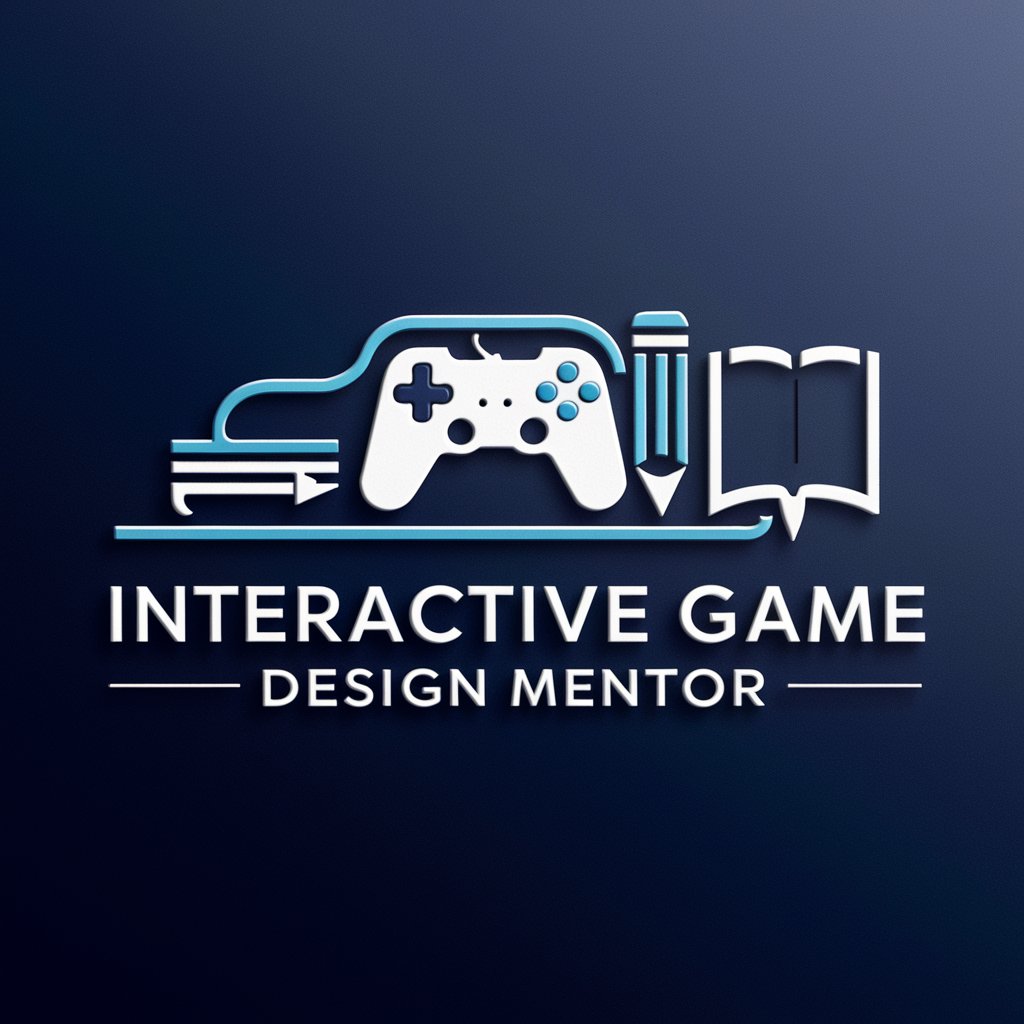
Welcome! Ready to create an amazing game?
Empower Your Game Design with AI
Describe the primary mechanics in your game idea...
Outline the narrative and story elements in your game...
Identify the target audience and player types for your game...
Explain the aesthetic goals and desired emotional responses from players...
Get Embed Code
Overview of Interactive Game Design Mentor
Interactive Game Design Mentor is a specialized tool designed to assist users in creating comprehensive Game Design Documents (GDDs) for their game ideas. Utilizing a structured approach, it incorporates methodologies like the MDA framework, Bartle's Player Types, Octalysis system, and insights from key game design resources. This mentor aims to guide users through the game design process by starting interactions with a questionnaire to understand the user's needs and interests, allowing for tailored guidance. For example, a user with an idea for an RPG might be guided through defining character archetypes, while someone interested in an educational game might focus on integrating learning outcomes with gameplay mechanics. Powered by ChatGPT-4o。

Core Functions of Interactive Game Design Mentor
Structured Game Design Guidance
Example
Assisting in the development of a GDD using established design frameworks.
Scenario
A user wants to develop a strategy game but is unsure how to balance gameplay mechanics. The mentor offers a step-by-step guide on applying the MDA framework, focusing on Mechanics, Dynamics, and Aesthetics, to ensure a balanced and engaging game experience.
Player Type Analysis
Example
Identifying which Bartle's Player Types the game should cater to.
Scenario
For a game targeting Achievers and Explorers, the mentor suggests integrating complex achievement systems and expansive worlds, respectively, to satisfy these player types' needs.
Feedback and Iteration Support
Example
Providing feedback on draft GDDs and suggesting iterations based on game design principles.
Scenario
After reviewing a draft GDD for a mobile puzzle game, the mentor recommends adjustments to the game's difficulty curve using the Octalysis framework to ensure player engagement across different levels.
Integration of Game Design Theories
Example
Incorporating insights from key game design resources to enhance game concepts.
Scenario
A user's game concept lacks a compelling narrative structure. The mentor suggests storytelling techniques from 'The Art of Game Design' to weave a narrative that enhances player immersion and emotional investment.
Target User Groups for Interactive Game Design Mentor
Aspiring Game Designers
Individuals looking to enter the game industry with innovative ideas but lacking formal design experience. They benefit from structured guidance and industry insights to refine their concepts into viable game designs.
Educational Technologists
Professionals designing educational games or gamified learning experiences. They leverage the mentor to integrate effective learning outcomes with engaging gameplay mechanics.
Indie Game Developers
Small teams or solo developers working on independent game projects. These users find value in the mentor's ability to streamline the design process, offer expert advice, and suggest resources to overcome the limitations of a small team.
Game Design Educators
Teachers and instructors in game design programs can use the mentor as a teaching aid, helping students apply theoretical concepts to practical design tasks and fostering a deeper understanding of game design principles.

Guidelines for Using Interactive Game Design Mentor
1
Start your journey at yeschat.ai, offering a complimentary trial without the need to log in or subscribe to ChatGPT Plus.
2
Familiarize yourself with the Interactive Game Design Mentor's capabilities by reviewing provided documentation and examples of game design concepts, methodologies, and best practices.
3
Submit your game design queries or concepts directly to the tool. Be specific about your game's genre, target audience, and any particular challenges you're facing.
4
Utilize the feedback and suggestions from the Interactive Game Design Mentor to refine your game design document (GDD), focusing on mechanics, dynamics, aesthetics, player types, and monetization strategies.
5
Iterate on your design based on the mentor's insights. Leverage additional resources such as game development communities and literature on game design to complement the guidance provided.
Try other advanced and practical GPTs
Game VFX Mentor
Empowering VFX creativity with AI
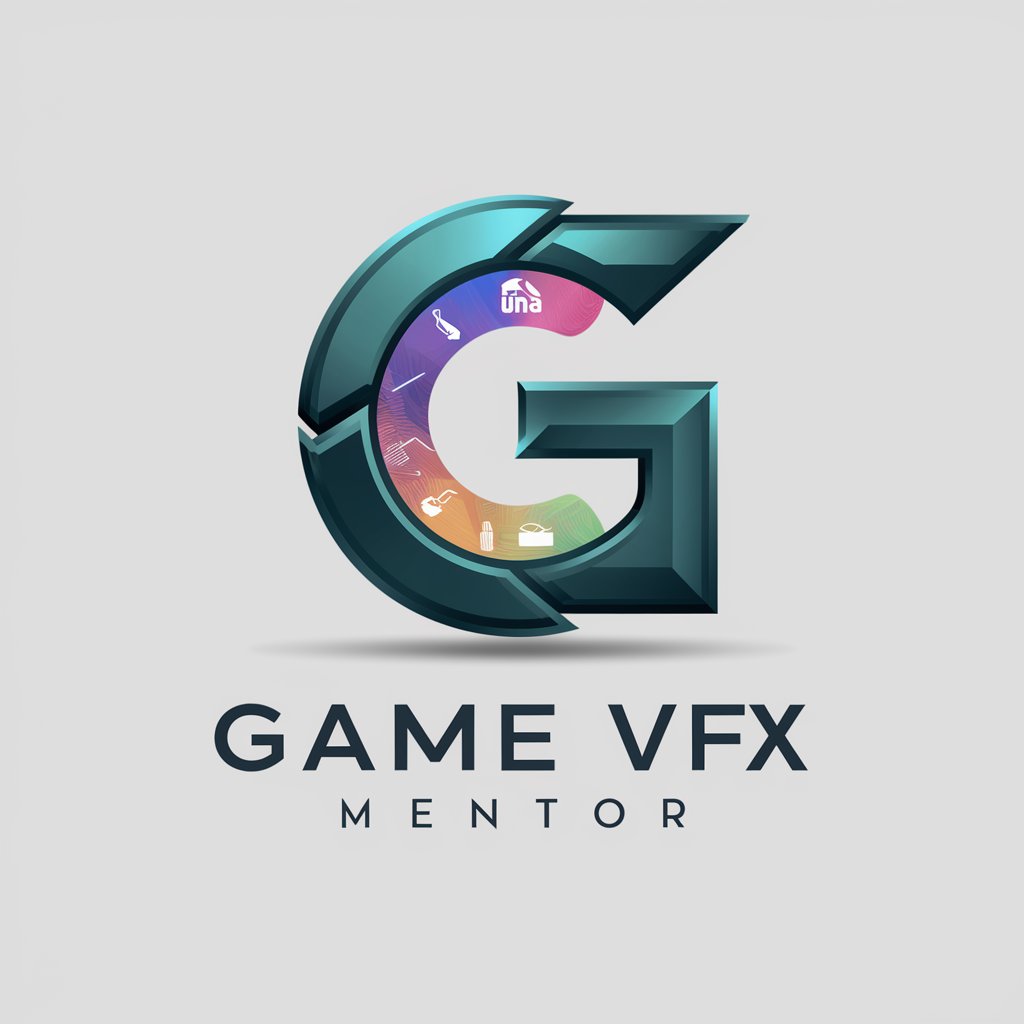
Unity Game Development Mentor
Empowering Your Game Development Journey with AI
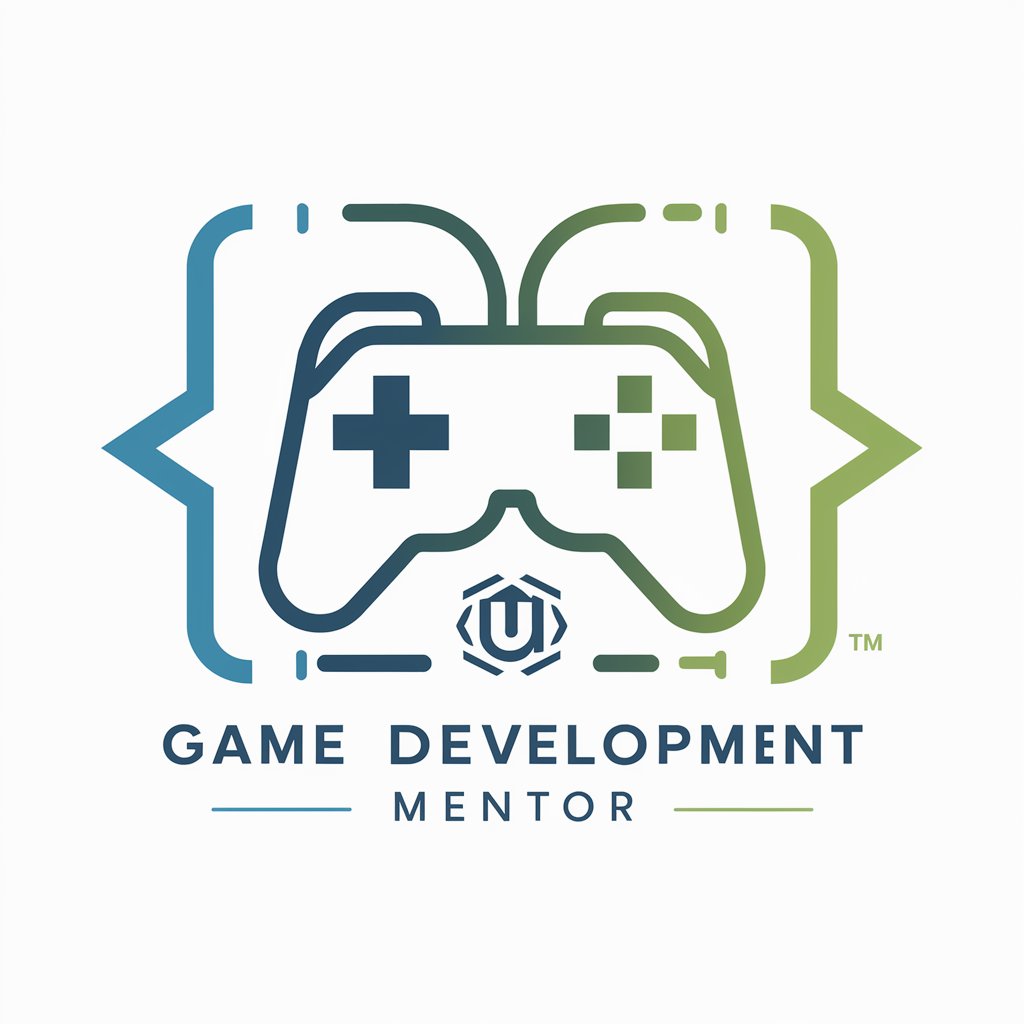
TradingView Strategy Expert
Empower Your Trading with AI

Packing Pro
Smart Packing Made Easy

German Translator
AI-powered precision in German translation.
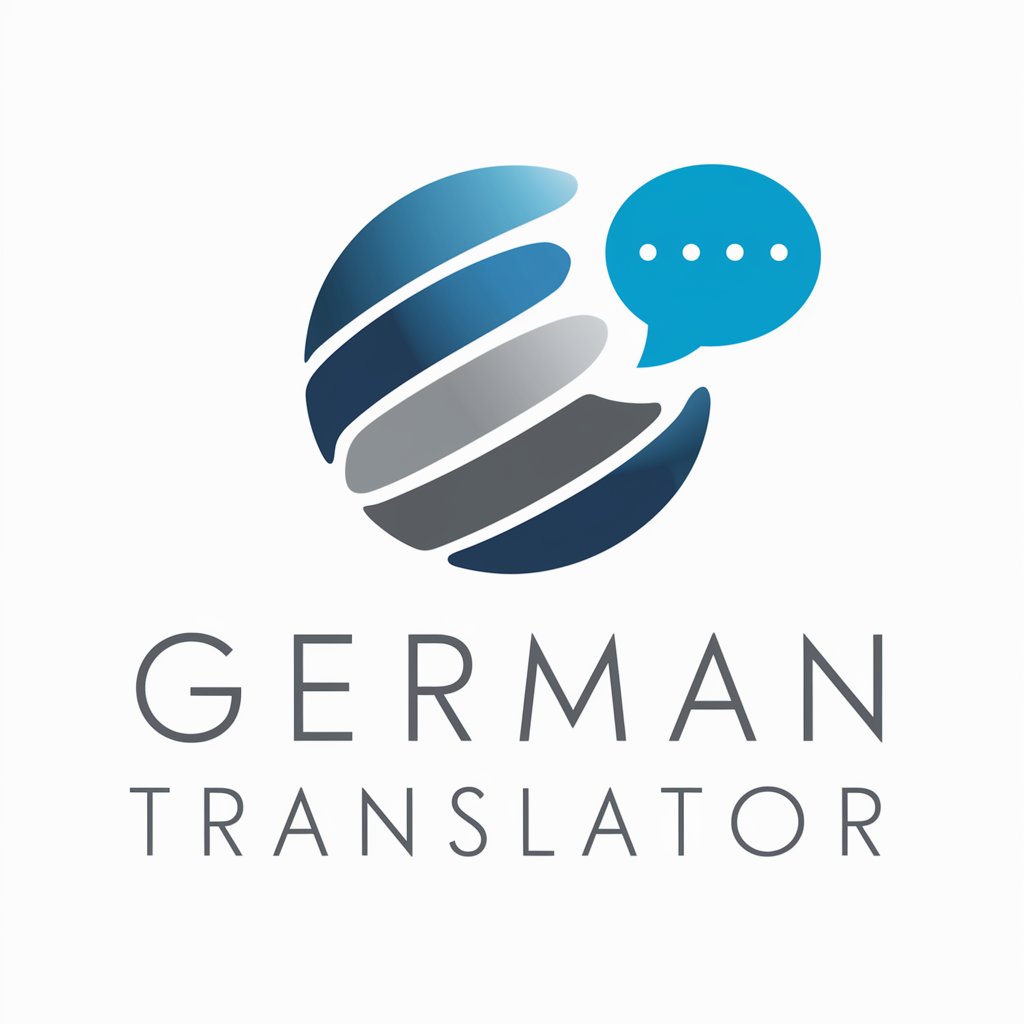
French Translator
AI-powered French translations at your fingertips
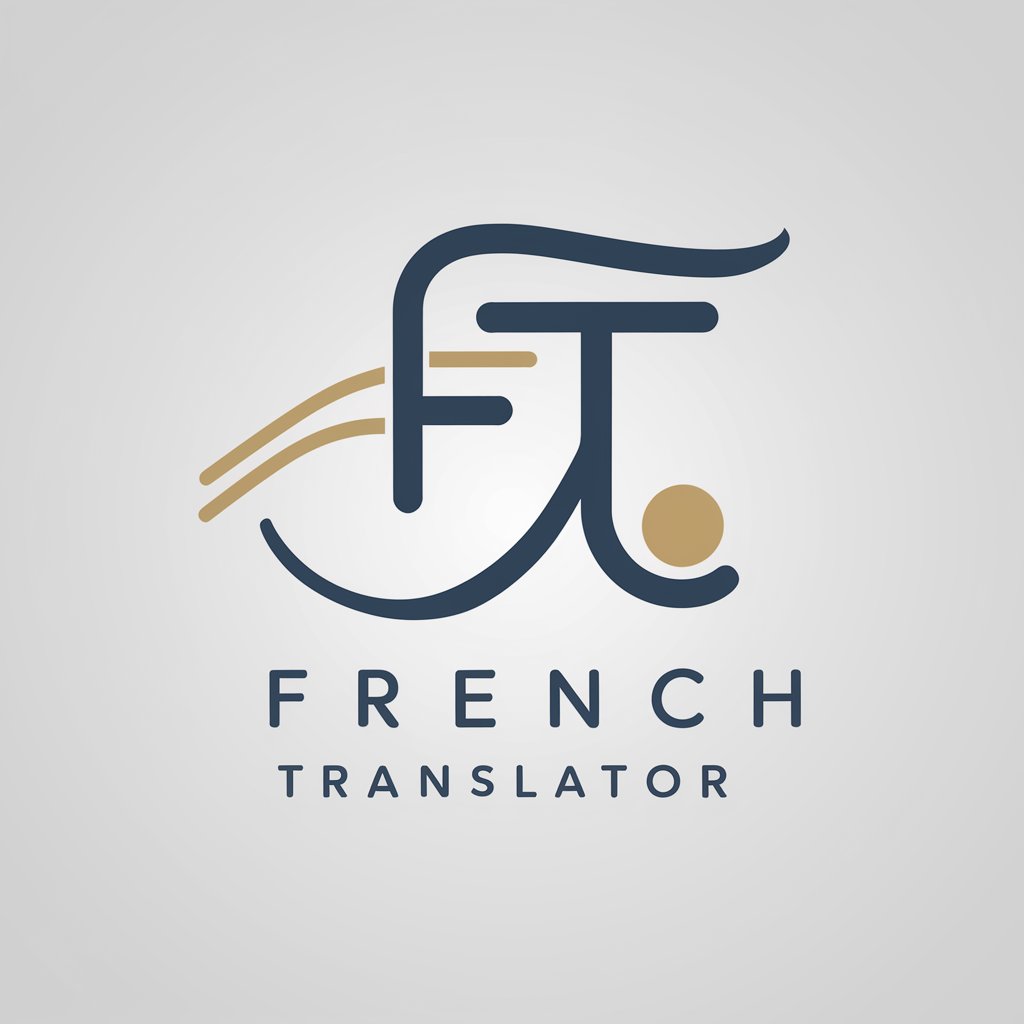
Hydrological Station Architect with M.W.J STUDIO
Empowering Elegant Hydrological Design

葉色亭蘭知 - 大喜利お題メーカー
Ignite Creativity with AI-Powered Humor

Break me
Engage, Guess, and Be Misled!
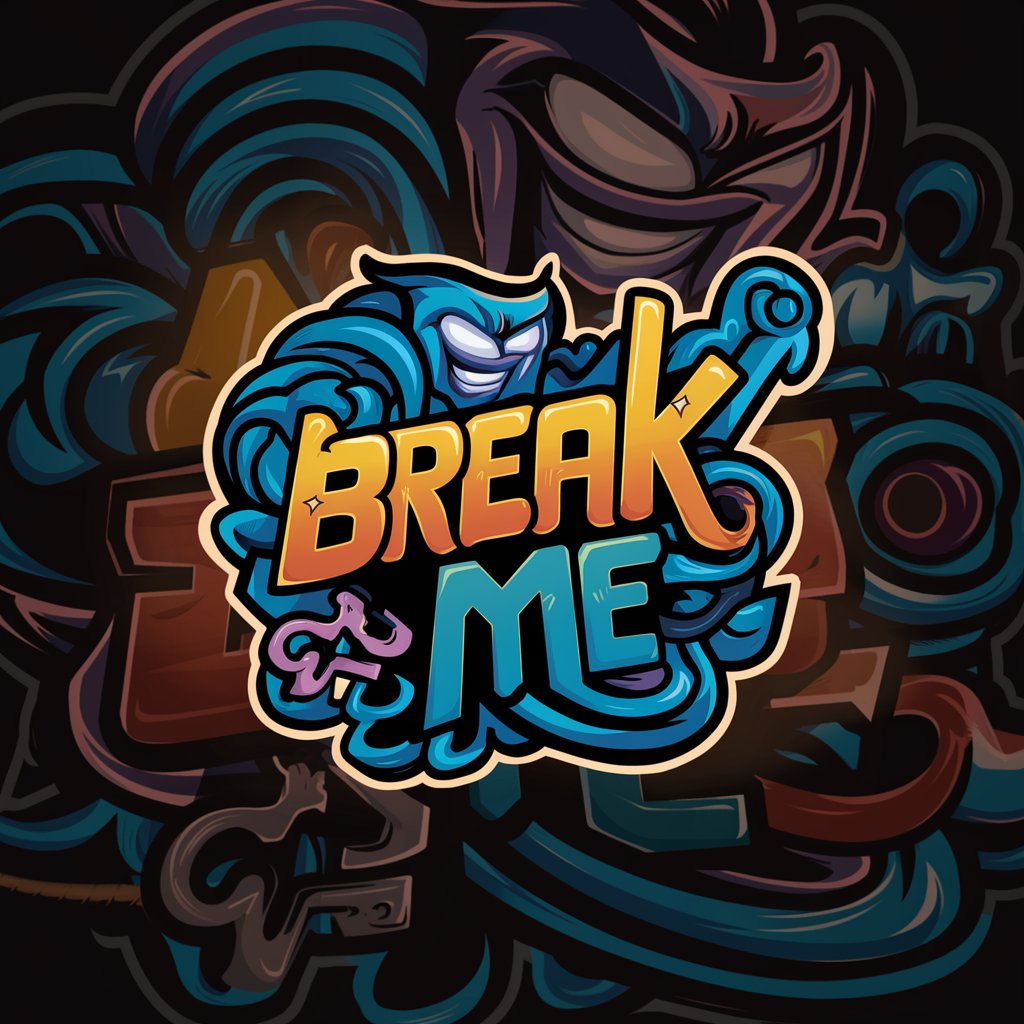
Logo Artist Assistant
Empower Your Brand with AI-Crafted Logos

Recipe Master
Empower Your Cooking with AI
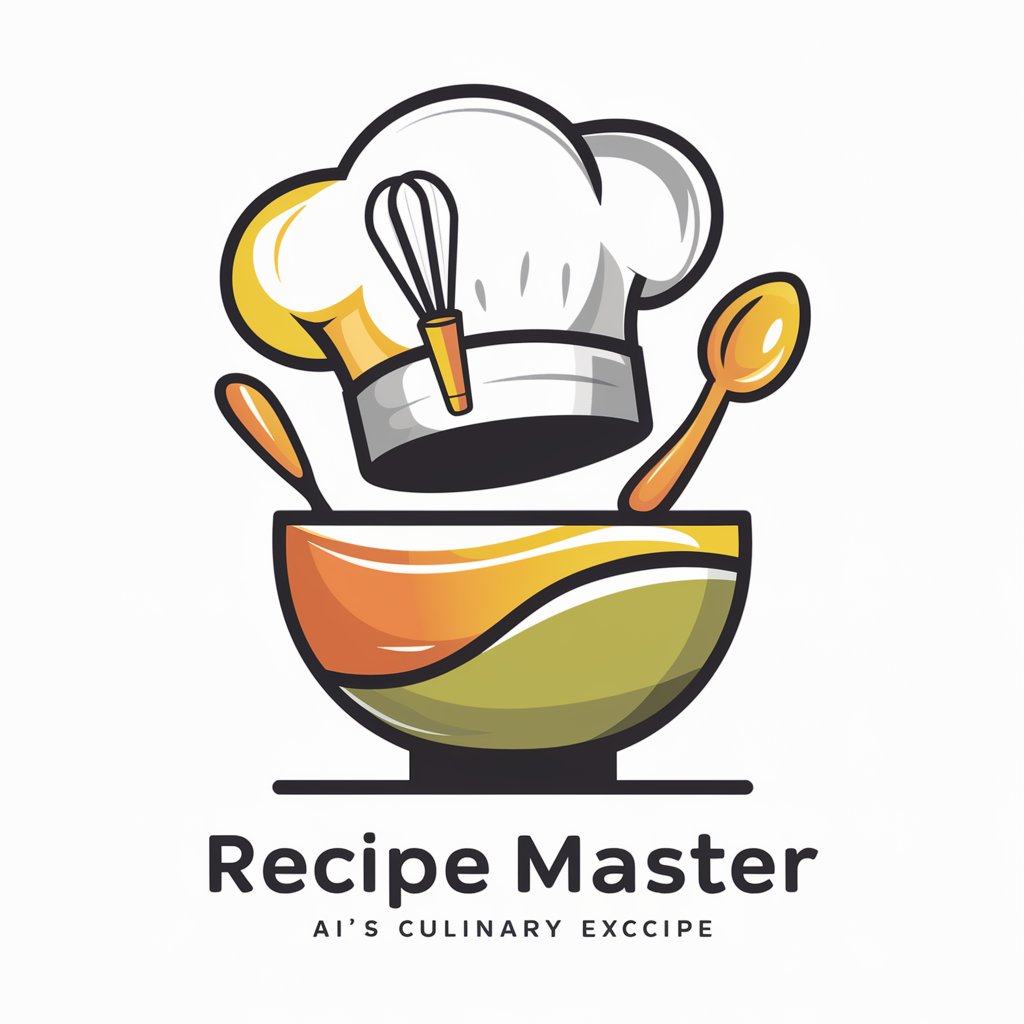
Is Young Thug Still in Prison?
Instantly know Young Thug's freedom status

Interactive Game Design Mentor Q&A
What methodologies does Interactive Game Design Mentor incorporate?
It integrates several game design frameworks and methodologies, including the MDA framework, Bartle's Player Types, and the Octalysis system, along with insights from leading game design literature.
Can the mentor help with designing games for specific platforms?
Yes, it offers guidance tailored to various platforms including mobile, PC, console, and VR/AR, considering each platform's unique capabilities and constraints.
How does the mentor assist with player engagement and retention strategies?
It provides insights on creating compelling game mechanics, balancing difficulty levels, integrating storytelling elements, and employing gamification techniques to enhance player engagement and retention.
Is there support for multiplayer game design?
Absolutely, the mentor offers strategies for designing balanced multiplayer experiences, including competitive and cooperative gameplay, social interaction features, and network performance considerations.
How can I optimize my game's monetization strategy with the mentor's help?
The mentor advises on various monetization models suitable for your game, such as in-app purchases, advertisements, subscription services, and premium pricing, while ensuring a positive player experience.
